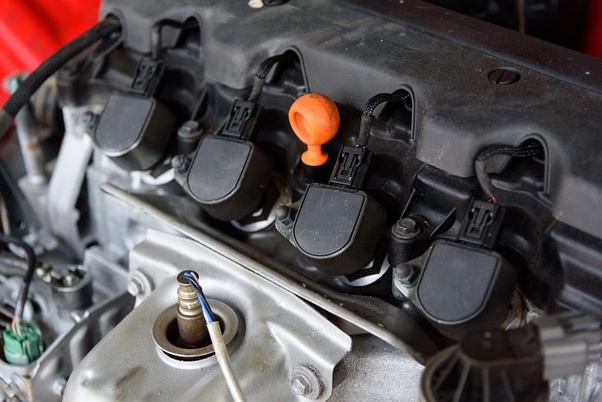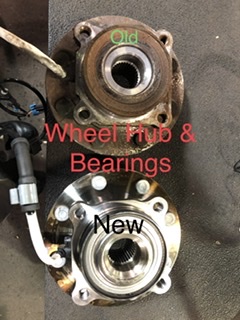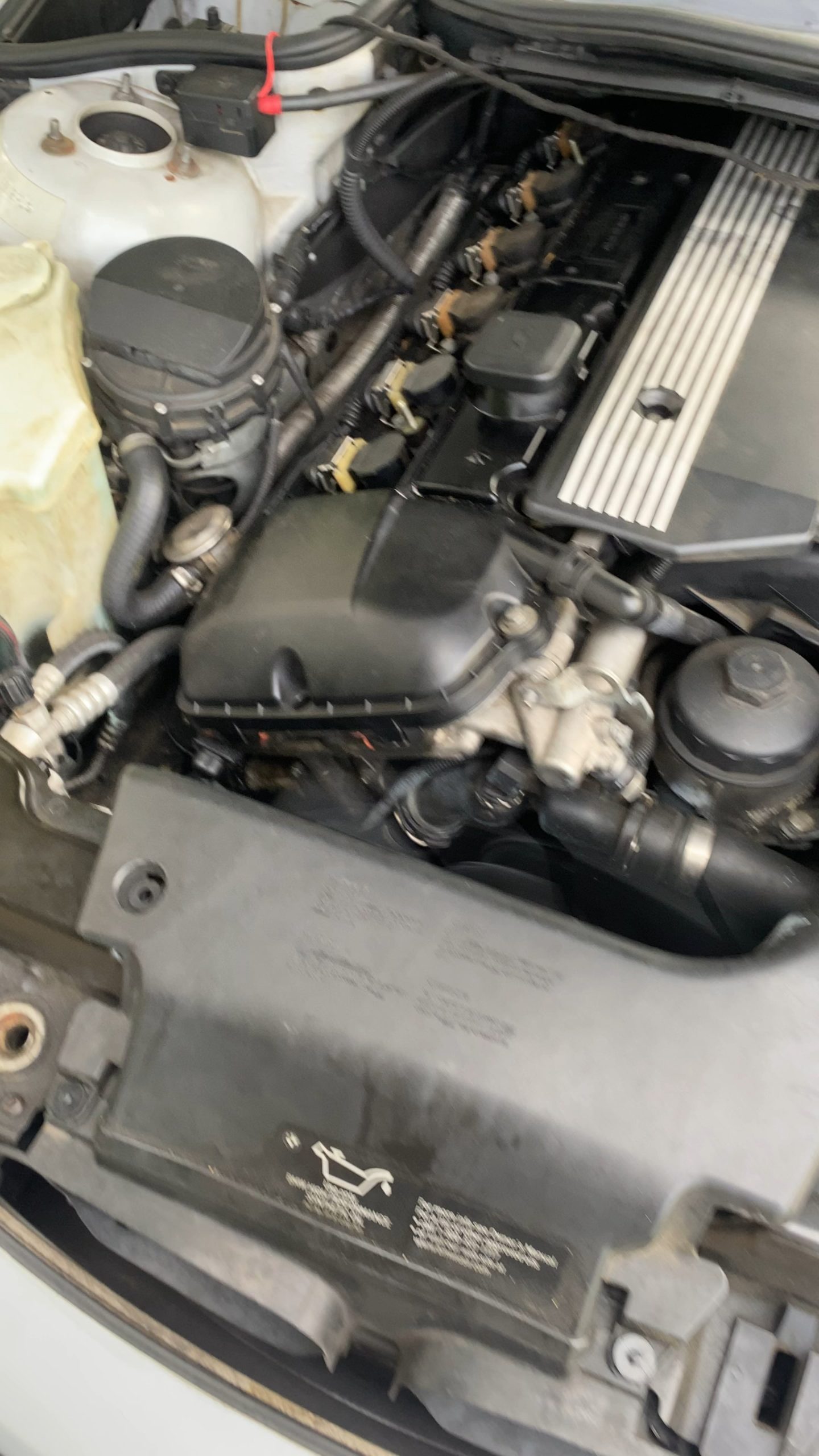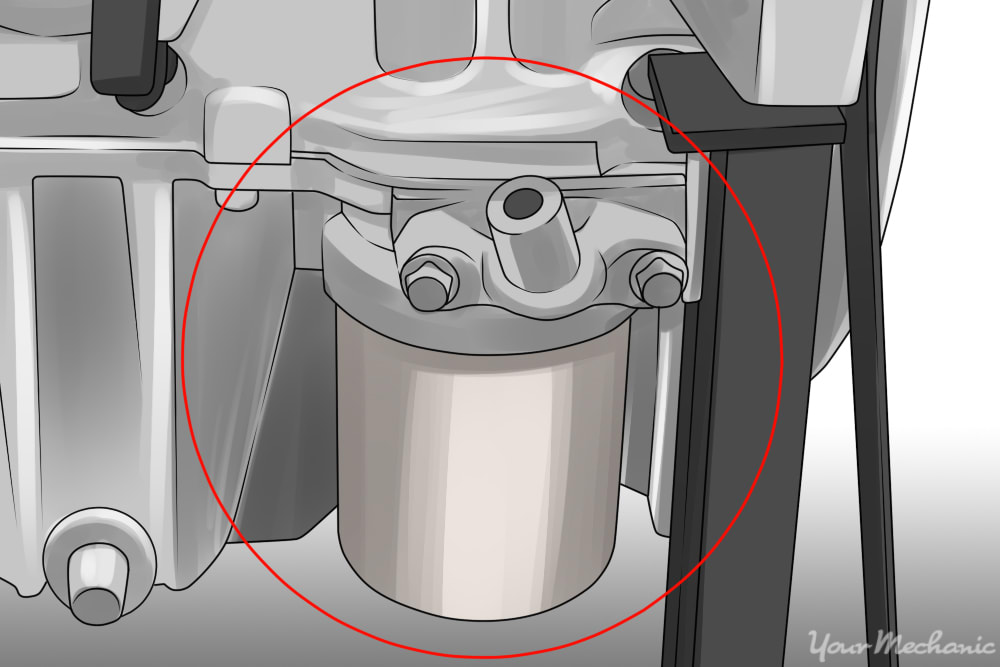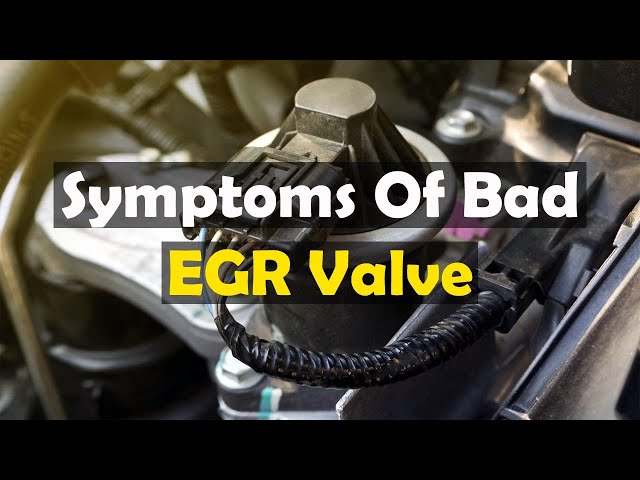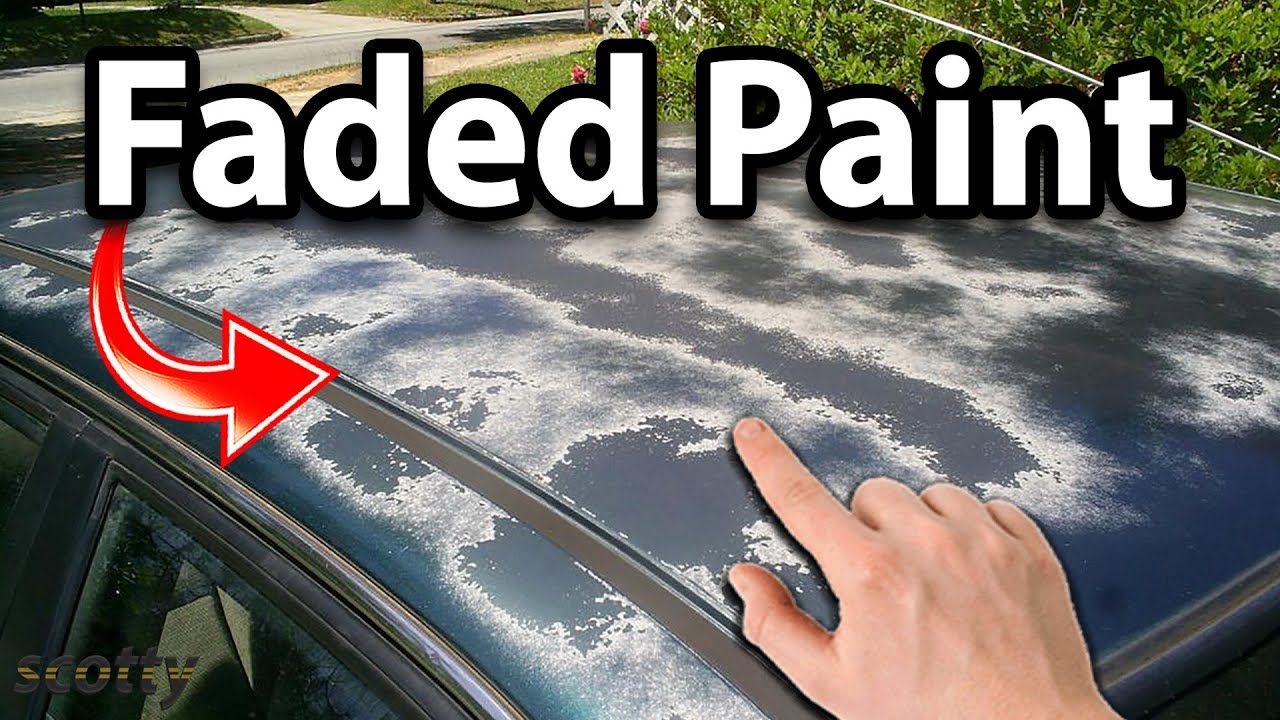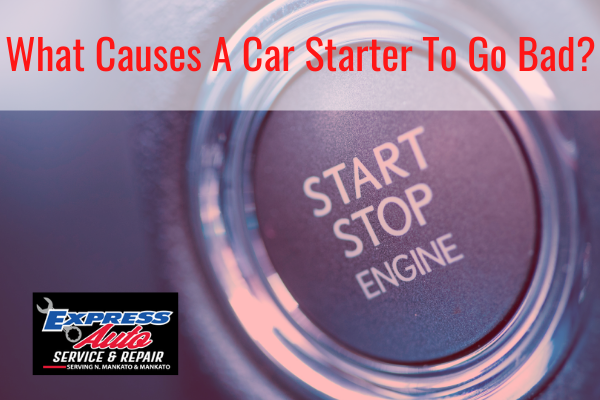Can Bad Coil Pack Cause Overheating
A faulty coil pack can contribute to engine overheating indirectly. It causes misfires that elevate engine stress and temperature.
An engine’s coil pack is an integral component in igniting the air-fuel mixture within the combustion chambers. A malfunctioning coil pack leads to a series of engine performance issues, such as rough idling and power loss. Oftentimes, a bad coil pack will manifest through engine misfires, which, if persistent, can cause the engine to work harder than it should.
This extra load can generate excessive heat, creating an environment conducive to overheating. Overheating is a serious concern as it can lead to major engine damage, including warped components and head gasket failures. Car owners should remain vigilant for signs of a failing coil pack, such as the Check Engine Light or inconsistent acceleration, and address it swiftly to avoid the cascade of detrimental effects, including overheating risks.
Credit: www.reddit.com
The Role Of Coil Packs In Engine Performance
Coil packs play a crucial role in the well-being of your car’s engine. They are vital for a smooth and efficient ignition system. A bad coil pack can lead to engine issues, including overheating. Let’s dive into their function and see how they impact engine performance.
Ignition System Basics
The ignition system’s job is to ignite the air/fuel mixture inside the combustion chamber. This process must occur at just the right time to ensure efficient engine operation. Key components of the system include spark plugs, ignition coils, and the engine control unit (ECU).
Function Of Coil Packs
Coil packs are essentially high-voltage transformers. They convert the battery’s low voltage into the thousands of volts needed to create an electric spark. This spark is then directed to the spark plugs, which ignite the engine’s air/fuel mixture. The efficiency of coil packs directly impacts engine power, fuel economy, and emissions.
| Sign | Engine Performance Issue |
|---|---|
| Misfiring | Power loss, jerking during acceleration |
| Rough Idle | Stuttering engine, vibrations |
| Excessive Heat | Overheating, potential engine damage |
It’s clear that coil packs are fundamental to your engine’s health. If they fail, you could experience a range of issues from annoying hiccups to serious overheating. Regular maintenance and timely replacement of faulty coil packs will keep your engine running smoothly.
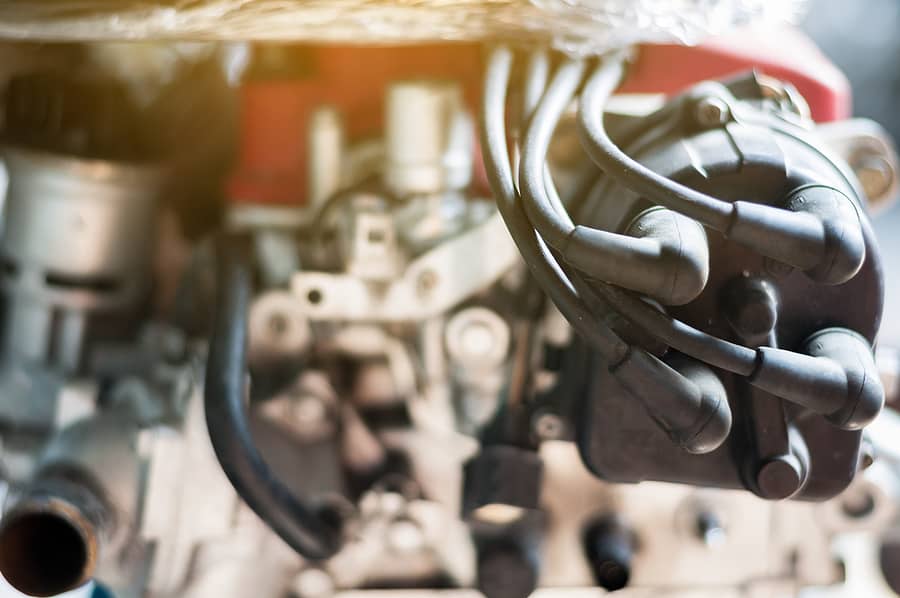
Credit: www.breakerlink.com
Signs Of A Failing Coil Pack
The coil pack is an essential component in your vehicle’s ignition system. Understanding the signs of a failing coil pack can prevent major issues, like overheating. A coil pack that is not working properly might disrupt the engine’s performance. Knowing these signs helps you address the problem before it leads to overheating or other damages.
Misfiring And Rough Idling
Engine misfires often indicate a bad coil pack. The engine might stutter or suddenly jerk during acceleration. You might notice the vehicle struggling to maintain speed or power. The engine might also idle roughly when at a stop. This rough idling can make the vehicle shake more than usual. Look out for unusual sounds or vibrations.
Reduced Power And Acceleration
A failing coil pack can lead to reduced engine power. This might feel like the car is struggling to go uphill or failing to accelerate quickly. The loss of power will be noticeable. The car won’t respond as it normally would when you step on the gas pedal. It takes longer to pick up speed. This could be your clue that the coil pack is on its way out.
Overheating Engines: Common Causes
An engine running too hot can spell trouble on the road. Understanding common causes of engine overheating is essential for any car owner. From faulty parts to blockages, let’s explore some culprits that can cause your engine to overheat.
Cooling System Issues
The cooling system is vital to keep your engine at the right temperature.
- Low coolant level: Coolant circulates to control temperature. A low level can lead to overheating.
- Thermostat failure: A stuck thermostat prevents coolant flow, causing heat buildup.
- Leaking components: Hoses and the radiator itself can leak coolant, affecting temperature regulation.
- Water pump issues: If the pump fails, coolant flow stops, leading to overheating.
Exhaust System Blockages
Exhaust flow is crucial for engine performance.
A blocked exhaust system can trap heat within the engine bay, leading to an overheated engine.
| Blockage Source | Effects on Engine |
|---|---|
| Catalytic Converter | Can cause heat buildup if clogged |
| Muffler | Hinders exhaust flow and increases back pressure |
| Exhaust Manifold | Blockages here can directly raise engine temperature |
Connecting Coil Pack Failures And Engine Heat
The engine is the heart of your car. It needs to stay cool to work well. The coil pack is part of the engine’s electric system. It helps spark plugs make a spark. If the coil pack is bad, it can make the engine get too hot. Let’s explore how a failing coil pack can lead to engine overheating.
Secondary Damage From Misfires
Misfires harm the engine. They happen when the coil pack is not working right. The engine shakes and loses power. This puts stress on many engine parts. Over time, these problems can make the engine overheat.
- Extra fuel burns in the catalytic converter.
- This can make the converter get very hot.
- Heat spreads and can damage other parts of the engine.
Can Coil Pack Problems Contribute To Overheating?
Yes, a faulty coil pack can lead to your engine getting too hot. Here’s how:
| Problem | How It Causes Heat |
|---|---|
| Bad Spark | Without a strong spark, fuel doesn’t burn well. This can make the engine work harder and get hotter. |
| Uneven Firing | Spark plugs fire at wrong times. This messes up the engine’s rhythm and creates more heat. |
| More Exhaust | Bad firing means more fuel becomes exhaust. This exhaust heats up the engine too much. |
Diagnosing The Culprits Of Overheating
Your engine is like the heart of your car, and it needs to stay cool to work well. When it gets too hot, it’s like a fever that needs attention. In some cases, a bad coil pack could be to blame. Let’s explore how to find the troublemakers of engine overheating.
Professional Diagnostic Tools
Expert mechanics use special tools to find out what’s wrong with a car. These tools can talk to the car’s computer and check for signs of why the engine is too hot. They check many parts of the car to make sure they work right.
- Code Readers
- Scanner Tools
- Temperature Guns
- Coolant System Testers
Home Troubleshooting Steps
Even though professional tools are the best, you can still take steps at home to check your car. Be careful when your engine is hot.
- Check Coolant Level: Make sure your car has enough coolant.
- Inspect Belts: A loose or damaged belt can cause issues.
- Test Thermostat: Stick to the steps to check if the thermostat opens.
- Look at Fans: Confirm cooling fans turn on and off.
- Find Leaks: Search for wet spots or puddles under the car.
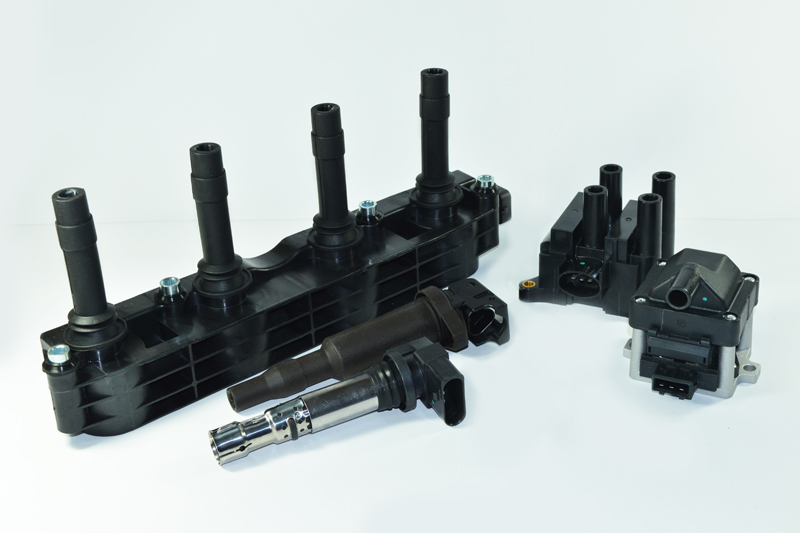
Credit: pmmonline.co.uk
Fixing The Heat: Solutions And Preventative Measures
Under the hood, your car’s coil packs play a hero’s role in keeping the engine humming, but what happens when they falter? Overheating can be a telltale sign of coil pack trouble. Fear not, there are ways to douse this unwanted heat with effective solutions and preventive steps.
Repairing Or Replacing Coil Packs
Identifying if a coil pack is to blame for overheating is step one. Here’s the fix:
- Test coil packs for malfunctions using a multimeter.
- If faulty, choose quality replacements that match your engine’s specs.
- Professional installation is best to avoid future issues.
Remember, working coil packs ensure smooth engine performance and help avoid overheating.
Maintaining Engine Health
Long-term engine health sets the stage for a reliable ride. Prevent coil pack issues with these habits:
| Check | Frequency | Action |
|---|---|---|
| Spark Plugs | Every 30,000 miles | Replace if worn out. |
| Coil Packs | As needed | Inspect for cracks or corrosion. |
| Battery Voltage | Regularly | Ensure optimal performance. |
Regular maintenance beats sudden breakdowns. Keep engine health in check.
Frequently Asked Questions On Can Bad Coil Pack Cause Overheating
Can A Faulty Coil Pack Lead To Engine Overheating?
Defective coil packs cannot directly cause engine overheating. They mainly affect ignition, leading to engine misfires. However, consistent misfires can result in increased stress and workload on the engine. This may indirectly contribute to a rise in engine temperature in extreme cases.
How Does A Bad Coil Pack Affect Engine Performance?
A bad coil pack typically results in misfiring, which can manifest as rough idling, power loss, and reduced fuel efficiency. This compromises engine performance, proving detrimental to your vehicle’s optimal functioning.
What Are Common Signs Of A Failing Coil Pack?
Common symptoms include misfires, rough idling, reduced fuel economy, the Check Engine light turning on, and difficulties in starting the vehicle. These signs point to potential problems with the coil pack needing prompt attention.
Can Coil Pack Issues Trigger The Check Engine Light?
Yes, a malfunctioning coil pack can trigger the Check Engine light. It’s designed to warn the driver of various engine issues, including ignition problems caused by faulty coil packs.
Conclusion
Understanding the connection between a faulty coil pack and engine overheating is crucial for vehicle maintenance. Quick attention to ignition system issues can prevent costly repairs. Remember, a healthy coil pack keeps your engine cool and running smoothly. Regular checks are your best defense against overheating woes.
Stay vigilant, drive safe.

